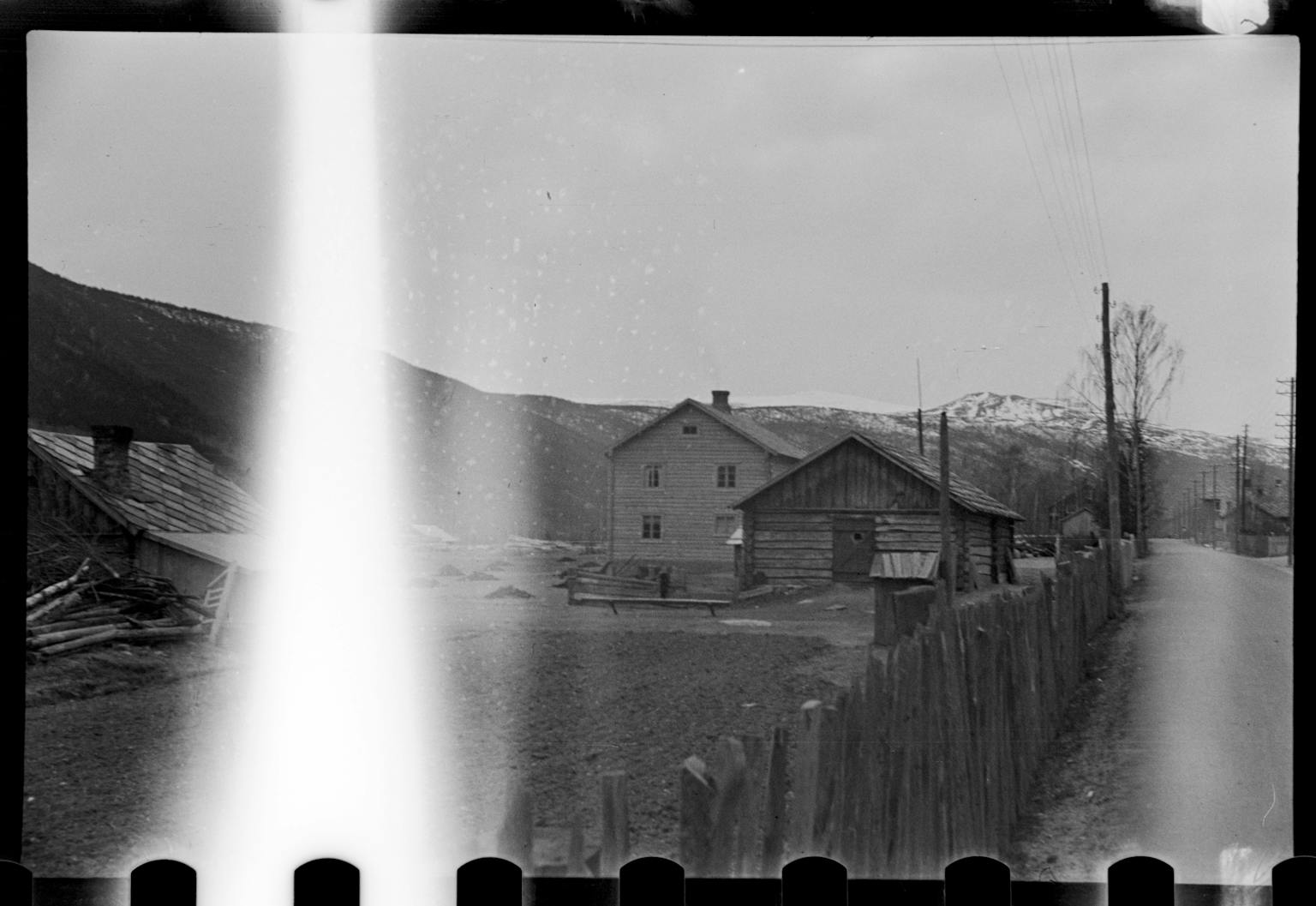A major transition we all have to go through in life, though it is little discussed, is losing a parent. Especially if one has not had much history with the death of friends or loved ones before, a parent dying is an extremely unusual experience. What is striking about it is that it seems not to fit with any other kind of experience in life. Normal life experiences—going to work, spending time with one’s partner, going on holiday, watching a great TV show—seem to be of a completely different kind, compared to the experience of a parent passing away.
It’s almost like one’s brain doesn’t know what to do with the experience of a parent dying, when it happens. The brain just keeps replaying the memories—seeing them in the hospital bed, watching your last movie together, them trying but being unable to get out of the bed, some of the last things you said to them—but it is like you are staring at a bunch of fragments, not knowing what to do with them. For a long while you float in what feels like a parallel reality.
Your perspective on life changes in a fundamental way. No matter how much you might have said it before, now you really know that life definitely has an ending. The decades that you might have remaining in your own life—perhaps two, three, or four decades—suddenly appear as a specific stretch of time, rather than an indefinite expanse. You realize that there is a youthful perspective on life, which is that the main question is ‘What should I do?’, with the assumption that there is time for everything. And you leave this youthful perspective behind, at least to some extent. It’s like you’ve been enjoying yourself at a party, and then someone says ‘we’ll be closing in one hour’. The whole feeling changes. Soon, everything around you will be packed up, the lights will be turned off, and that will be the end.
Losing a parent adds a running theme of sadness throughout one’s whole life. One consoling thought, though, is that this sadness is close to wisdom. We have a chance to become more discerning about what we give our time to, a little more distant from the pull of status games and the superficial judgements of others, more aware of and kinder towards the often-hidden suffering of the people we encounter, and more appreciative of the moments of joy: the glass of wine in the garden in the evening, a walk along the beach on a cloudy day, or being up in time for the sunrise.
Image: Killis hus i Kvam, Magnus Nielsen, 1938–1945
Jack Fuller
Jack is a depth therapist and the founder of Archive. He has a doctorate in theology from Oxford University and a degree in neuroscience from Melbourne University. He is the co-author of The Imagination Machine (Harvard Business Press, 2022)
